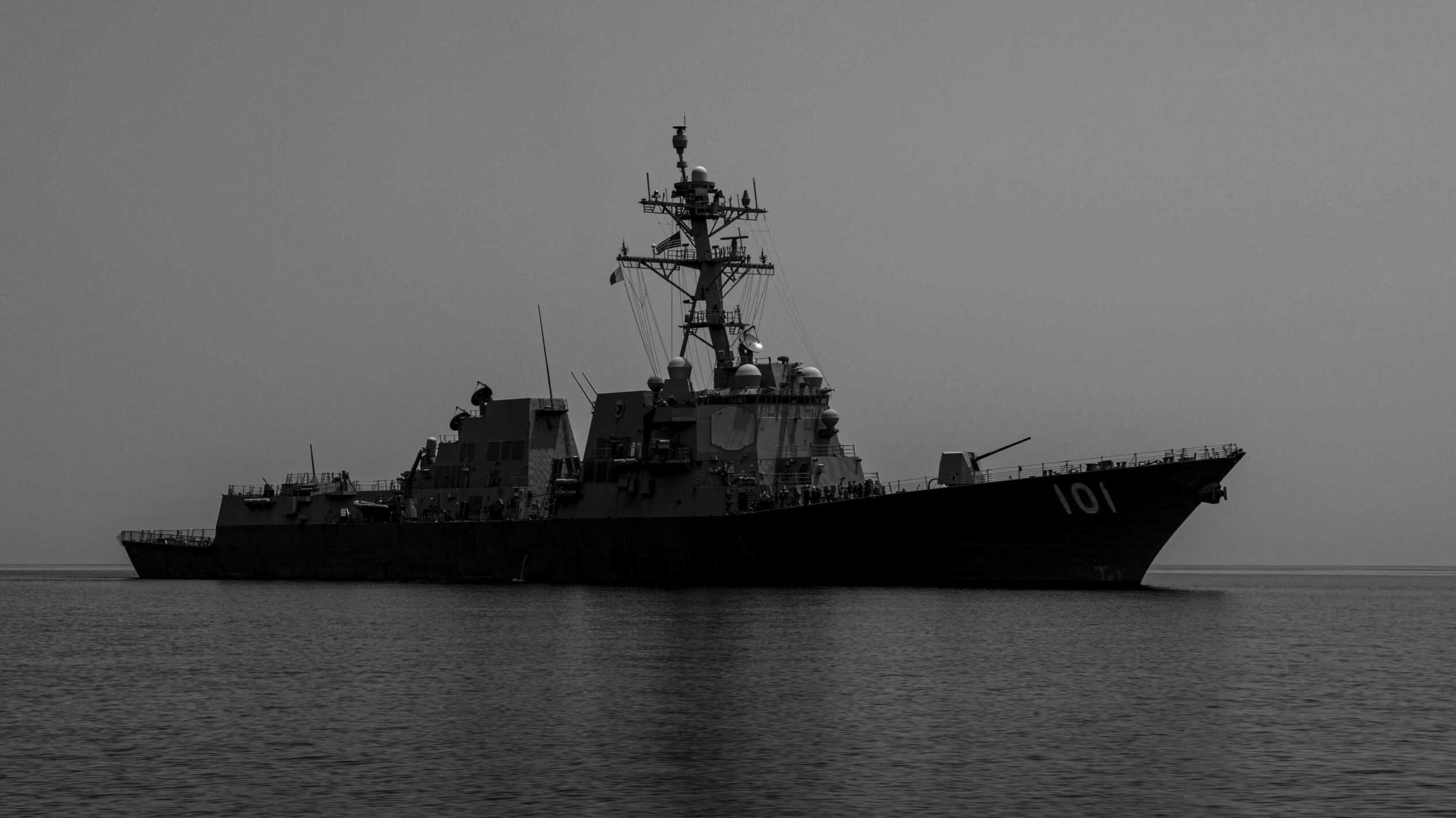
WASHINGTON: The UK’s Royal Navy today announced it interdicted “sophisticated weapons” being smuggled to Houthi rebels in Yemen while being supported by a US Navy destroyer during a seizure operation in February.
“This is the first time a British naval warship has interdicted a vessel carrying such sophisticated weapons from Iran,” according to a statement published by the Royal Navy.
The announcement comes a week before US President Joe Biden is scheduled to visit the region, with announced stops in Israel and Saudi Arabia — two countries who are considering closer military ties as a result of attacks from the Houthis and their military backers, Iran.
HMS Montrose (F236), a type 23 frigate, seized surface-to-air missiles and engines for land attack cruise missiles during searches in January and February. Smuggling such weapons to Yemen violates a 2015 UN Security Council resolution.
“During the February interdiction, United States Navy destroyer USS Gridley supported efforts by deploying a Seahawk helicopter to provide critical overwatch during the operation,” according to the Royal Navy. “On both occasions, the [Royal Navy’s] Wildcat helicopter pursued the vessels and reported back to HMS Montrose that they could see suspicious cargo on deck.”
The US Navy published a statement at the same time as the Royal Navy adding the interdiction happened along routes historically used to traffic weapons.
The news of the interdiction comes at a time when the US Navy’s Bahrain-based 5th Fleet has been steadily ramping up a variety of maritime security efforts in the Persian Gulf, Red Sea and Arabian Sea.
Vice Adm. Brad Cooper, US 5th Fleet chief, in April announced the establishment of Combined Task Force 153 which he said would “strengthen the combined maritime force which is the world’s largest multi-national naval partnership and ultimately we’ll enhance stability” in the region.
Cooper has insisted CTF 153’s establishment is unrelated to arms trafficking seizures and was reticent to directly address the issue when speaking to reporters in April. But between the lines, his announcement coincided with several attacks in the region attributed to Houthis. His command has separately characterized its seizures of illegal weapons and narcotics as “skyrocketing” in 2021.
US 5th Fleet announced earlier this week it would pay individuals up to $100,000 for information that leads the US Navy to “successfully seize illicit cargo such as illegal weapons or narcotics.”
Experts told Breaking Defense in April that any successful interdiction of weapons or drugs ultimately builds rapport between Washington and Gulf nations such as Saudi Arabia.
“From America’s perspective preventing smuggled weapons to the Houthis is an important step that pleases regional allies — Saudi Arabia and the UAE — and would get domestic support here in Washington,” said Gawdat Bahghat, professor of national security at the National Defense University’s Near East South Asia Center for Strategic Studies.

